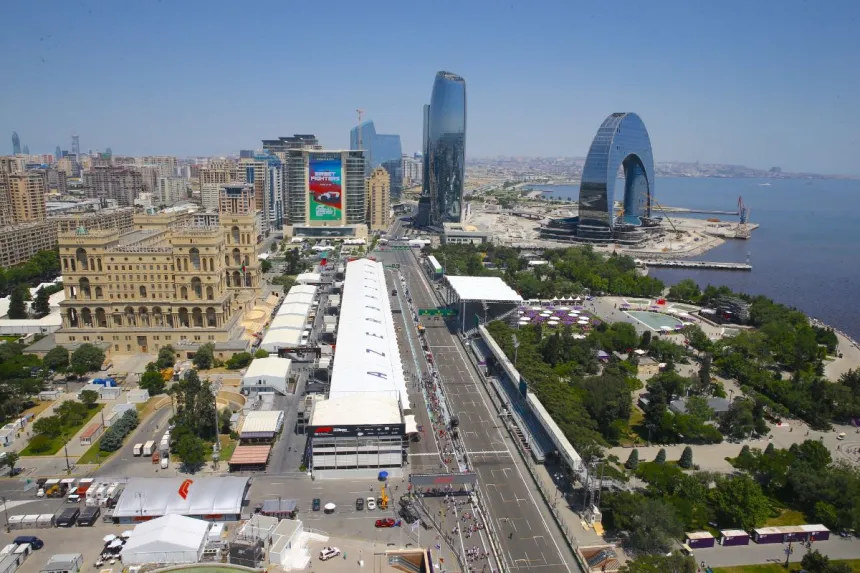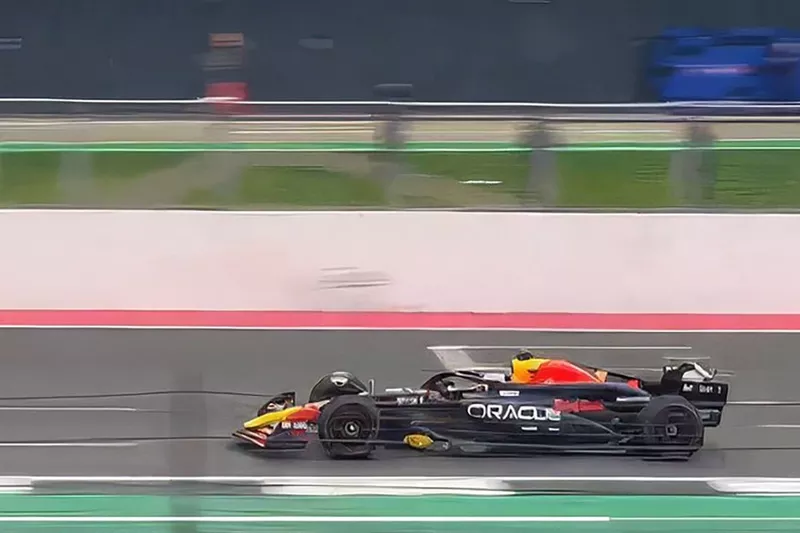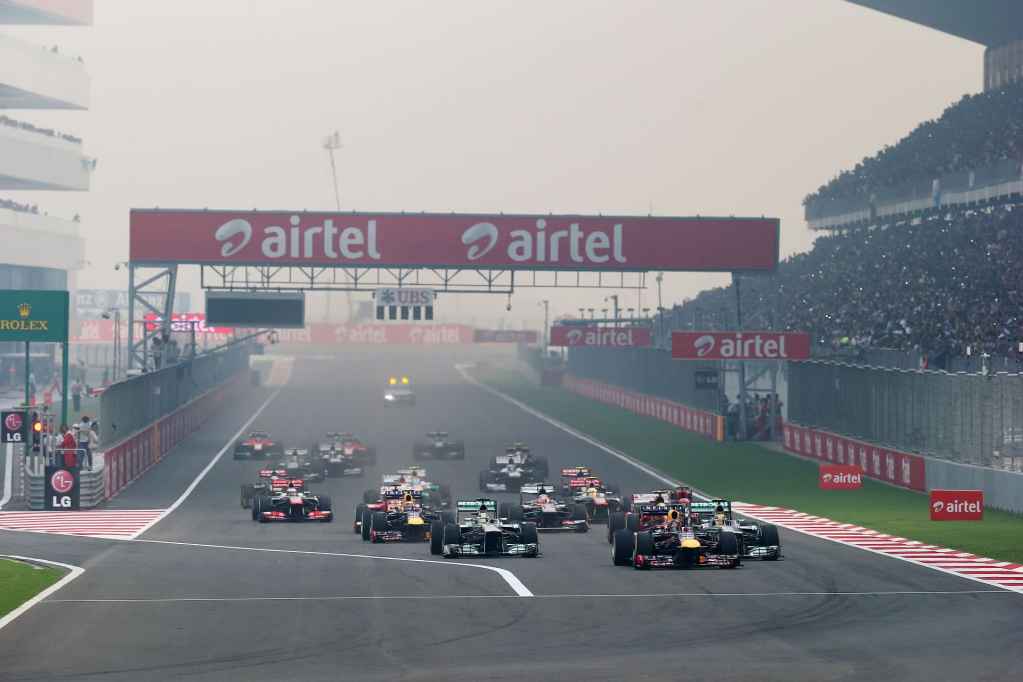How F1’s Tyre Recycling Initiative Paves The Way For Sustainability
Formula One (F1) is synonymous with high-speed racing, cutting-edge technology, and a global fanbase. Beneath all the glamour and thrill of this adrenaline-fueled sport is a serious commitment to sustainability and tire recycling in particular. Pirelli, as the exclusive tire supplier to F1, has been a pioneer in this process, having developed a multi-layer tire recycling system that not only reduces waste but is building a circular economy. This article examines how F1’s tire recycling initiative is paving the way for motorsport and beyond to be more sustainable.
Introduction to F1 Tire Recycling
F1 generates a significant amount of tire waste annually. Up to 80,000 competition tires are discarded annually, and environmental issues may be severe unless responsibly disposed of. Pirelli is committed to sustainability in that all tires from F1 events are to be recycled in an environmentally friendly manner. This process is initiated with tire collection from every race weekend, which is transported to Pirelli factories for recycling.
The Recycling Process
The tires are shredded into pellets and then used as fuel in cement works. This is a method whereby tires are burnt at extremely high temperatures, in excess of 1500 degrees Celsius, and release no toxic gases and only fine, safe ash. This is not only a waste minimization process but is also a source of clean energy.
In recent years, Pirelli has expanded its recycling operations to producing end-of-life tire secondary raw materials. These can be used in a variety of applications, from flooring to other purposes, and are a significant step towards a more circular economy. This technological innovation in recycling is a reflection of Pirelli’s commitment to sustainability and to helping F1 minimize its environmental footprint.
Sustainability Goals and Certification by FSC
F1 has pledged to be Net Zero Carbon in 2030, and Pirelli is taking a lead role. One of the most significant steps is to introduce Forest Stewardship Council (FSC) certified tires. This certification ensures that all the natural rubber in tires comes from responsibly managed forests, preserving biodiversity and benefiting local communities. This third-party certification is a stamp of approval from Pirelli for responsible and sustainable business and demonstrates that the business is committed to environmental stewardship and responsible sourcing.
Decreasing Tyre Consumption
Another aspect of Pirelli’s sustainability strategy is reducing tire usage on race weekends. With a different tire allocation formula, F1 has been able to reduce tire usage per car from 13 sets to 11. This not only minimizes waste but also minimizes the carbon footprint from tire manufacture and shipping.
Influence on Environment and Society
The environmental advantages of tire recycling do not end with waste reduction. By using tires as fuel, Pirelli lowers fossil fuel consumption and hence reduces greenhouse gas emissions. Additionally, using tires to create secondary raw materials supports a circular economy, lowering virgin material demand and reducing the environmental footprint of production processes.
Further, buying tires with an FSC certification supports sustainable forestry management, which has a positive influence on neighboring communities in that forest management is socially responsible and economically sustainable. This integrated process for sustainability is not only ecologically centered but is also aimed at social and economic development as well.
Innovations and Future Directions
Pirelli continues to innovate tire technology with a commitment to making tires increasingly recyclable and to finding new applications for recovered material. Pirelli is working on confidential projects to further enhance tire recyclability and boost recovered material use in other industries.
Besides, the FIA is exploring technologies to reduce microplastics from tires, a significant environmental concern. This project highlights the broader applicability to tire recycling beyond F1, as a solution could have relevance to all sectors of the automotive industry.
Case Studies and Examples Several case studies show how effective Pirelli’s tire recycling initiative is:
Pirelli works with cement factories to use tire pellets from reclaimed tires as fuel. This is not only a waste-reducing process but also a sustainable fuel for cement.
Secondary Raw Materials: New market outlets have been realized for recovered products with the manufacture of secondary raw materials from tires. Such materials are used in playground surfaces and sports track construction to promote sustainable construction and infrastructural growth.
FSC Certification Impact: Utilization of FSC-certified tires has helped to conserve forests and contribute to local communities. This demonstrates how sustainable purchasing can have a positive influence on society and the environment.
F1’s tire recycling initiative, led by Pirelli, is a shining example of motorsport’s commitment to sustainability. By incorporating efficient recycling processes and sustainable raw material supplies, Pirelli is setting a new standard for environmental responsibility. Using FSC-certified tires and tire consumption reduction demonstrates a multi-faceted approach to reducing the sport’s footprint.
As F1 continues on its journey to Net Zero Carbon in 2030, initiatives such as tire recycling will be critical. Takeaways from what is being gained from F1’s sustainability initiative can be applied to other sectors to promote a circular economy and reduced environmental impact. Ultimately, Pirelli’s commitment to sustainability is not just about reducing waste; it’s about paving the way for a more sustainable motorsport and a greener future.
The Role of Technology in Sustainability
Technology is a key driver in making F1’s tire recycling initiative more sustainable. Advances in recycling technology have enabled Pirelli to enhance processes for converting tires into secondary raw materials. New tire design innovations are centered on making tires more recyclable and sustainable.
Global Impact and Collaboration
F1’s tire recycling initiative has a wider influence. By collaborating with other industries, such as the production of cement, Pirelli is contributing to a broader trend towards sustainability. This collaboration shows what can be achieved through cross-industry collaboration to drive environmental change.
Challenges and Opportunities
While Pirelli’s tire recycling initiative has been a success, there are a number of challenges to be addressed. One is scaling processes to meet a burgeoning tire market. This is a challenge, however, that is one with the opportunity for innovation and expansion into new markets for recovered material.
Future of Sustainable Tyres
The prospects for sustainable tires in F1 are good. With ongoing research to develop increasingly sustainable tire materials and technologies for tire recycling, Pirelli is poised to continue to lead in sustainable tire usage. Widespread use in mass market car industries could have a major impact on reducing waste and a circular economy.
Community Engagement and Education
Community engagement and education are integral to Pirelli’s sustainability approach. By raising awareness of tire recycling and responsible behavior, Pirelli is fostering a culture of environmental responsibility with stakeholders and supporters. This is not only assisting in taking F1’s sustainability goals forward but is also contributing to wider societal change.
Conclusion: A Green Future for Motorsports
In short, Pirelli tire recycling in F1 is a showcase for what is possible in high-performance sport in terms of sustainability. By using state-of-the-art recycling technologies and sustainable material supplies, Pirelli is making a commitment to environmental stewardship that can be applied beyond motorsport. With F1 aiming to achieve Net Zero Carbon in 2030, tire recycling will be a leading player in its sustainability strategy. Lessons from this project can be applied to broader transformations in industries around the world to bring a more sustainable future.






















